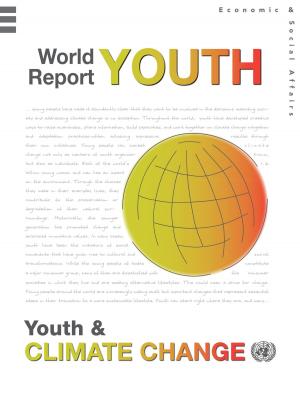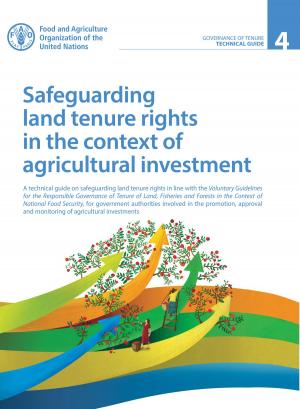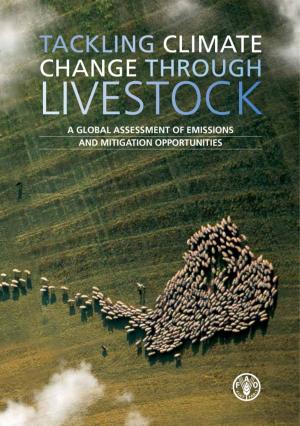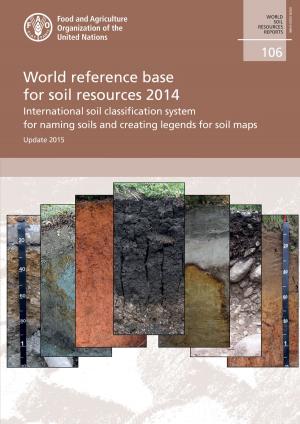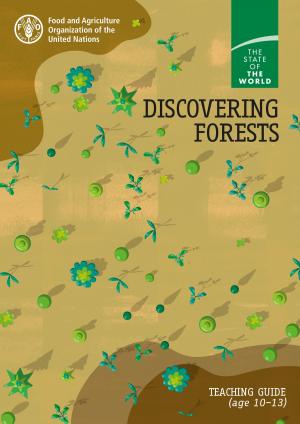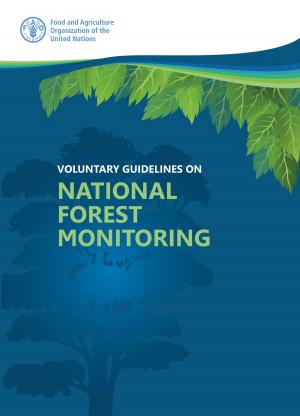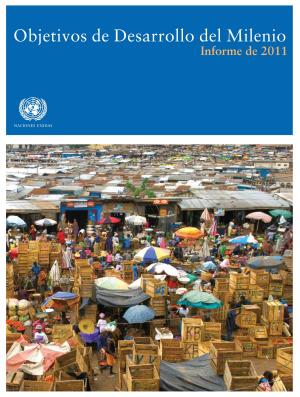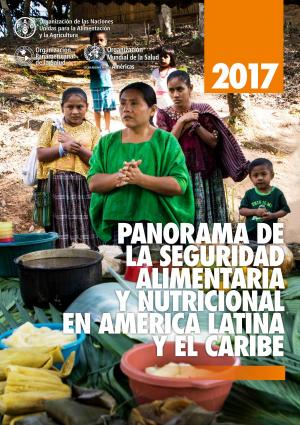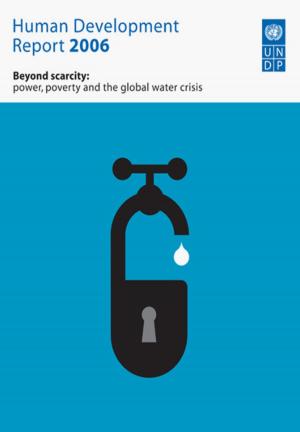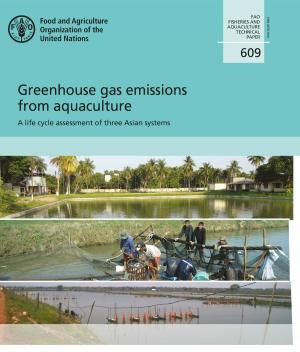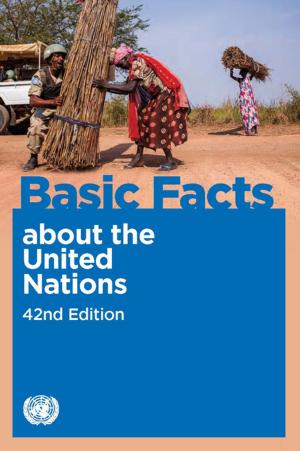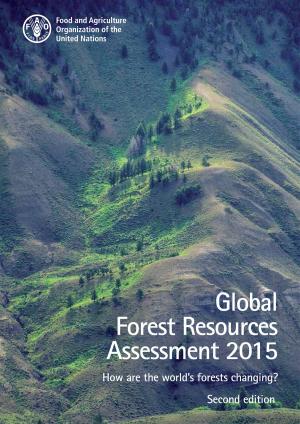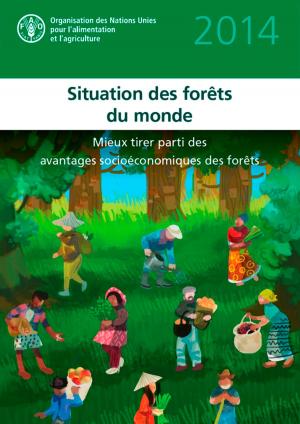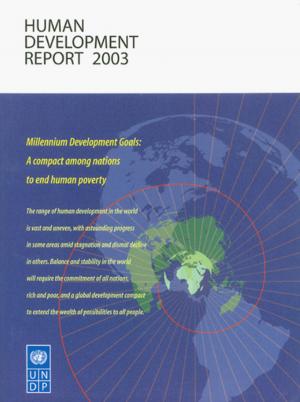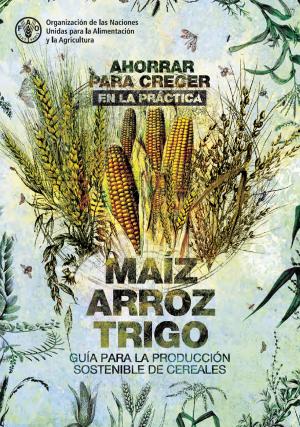Compacts for equality: Towards a sustainable future
Business & Finance, Economics, Economic Development| Author: | Economic Commission for Latin America and the Caribbean (ECLAC), United Nations | ISBN: | 9789210565288 |
| Publisher: | United Nations | Publication: | May 8, 2014 |
| Imprint: | Language: | English |
| Author: | Economic Commission for Latin America and the Caribbean (ECLAC), United Nations |
| ISBN: | 9789210565288 |
| Publisher: | United Nations |
| Publication: | May 8, 2014 |
| Imprint: | |
| Language: | English |
Since its inception, the Commission has been committed to devising a model for sustainable development over the medium and long terms. Recently, the basic tenets of the development model have been revisited in light of the current challenges of equality and sustainability, as set forth in the position papers presented at the last two sessions of the Commission. Time for Equality: Closing Gaps, Opening Trails (Brasilia, 2010) proposed equality as the guiding principle and ultimate objective of development in Latin America and the Caribbean. Moving in that direction required placing the macroeconomy at the service of social well-being, as well as changes in the production structure, greater territorial inclusion, expanded social protection and a social and fiscal compact that included universal coverage.
Since its inception, the Commission has been committed to devising a model for sustainable development over the medium and long terms. Recently, the basic tenets of the development model have been revisited in light of the current challenges of equality and sustainability, as set forth in the position papers presented at the last two sessions of the Commission. Time for Equality: Closing Gaps, Opening Trails (Brasilia, 2010) proposed equality as the guiding principle and ultimate objective of development in Latin America and the Caribbean. Moving in that direction required placing the macroeconomy at the service of social well-being, as well as changes in the production structure, greater territorial inclusion, expanded social protection and a social and fiscal compact that included universal coverage.

